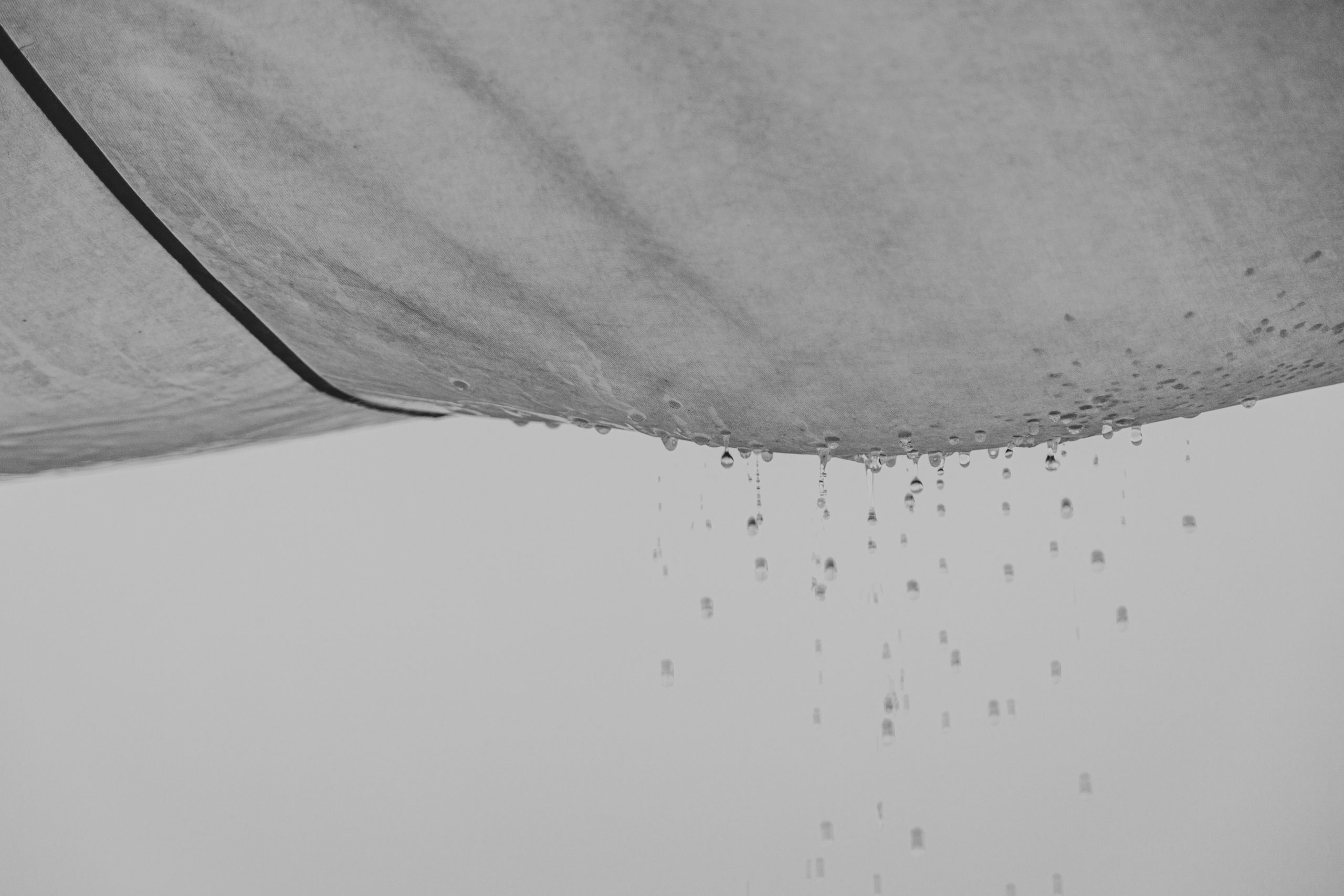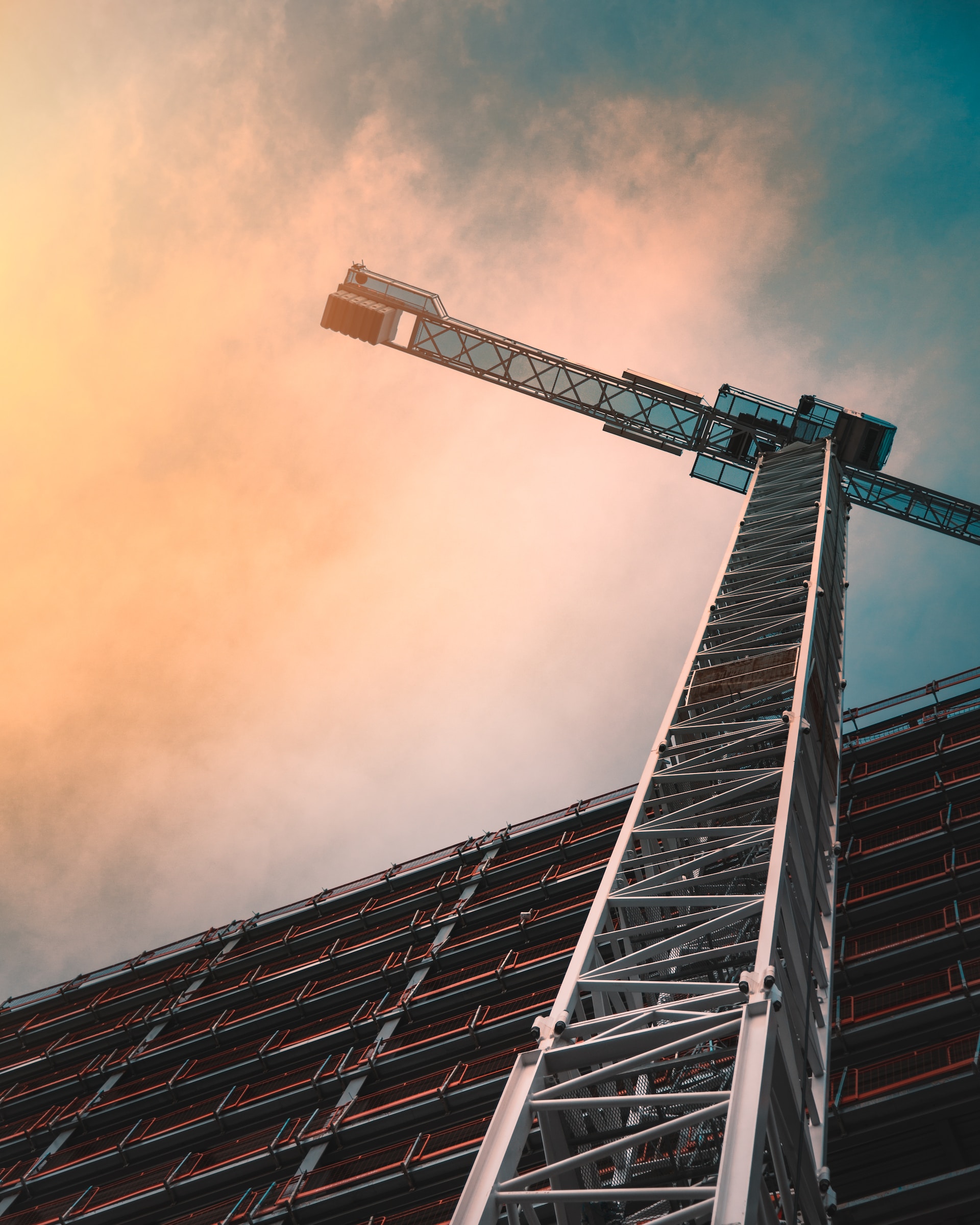Water damage is among the top reasons people file homeowner insurance claims, often as a result of various causes.
Water damage can spread quickly, creating numerous complications and worries. To limit permanent destruction to items stored therein, repairs should begin as quickly as possible. This home warranty water damage blog article by Cinch Home Services can offer more information if you need it.
Leaks
Homeowners often understand the potential ramifications of flooding or burst pipes. Yet a hidden leak left unattended can wreak just as much havoc, and can cost much more over time.
Water leaks don’t only leave behind stains on walls or wallpaper; they can cause structural deterioration as well as promote bacteria growth, so it’s essential that we pay attention to any warning signs, such as sudden drops in water pressure or musty odors.
Leaks can be particularly destructive to insulation in a home, as they saturate and destroy it, increasing energy use to heat or cool the space, which in turn leads to higher utility bills over time. Therefore, it is crucial that pipes are regularly examined to make sure that they remain undamaged; professional plumbers can assist with this endeavor as they have experience dealing with such issues and can detect leaks even within walls that might otherwise go undetected.
Sewage
Sewage water, the domestic wastewater from households that is used for washing dishes, clothing, laundry or toilets. It contains both macro-pollutants like paper wrappers, sanitary products, soap residues and other organic material along with micro-pollutants like bacteria and viruses as well as its strong foul smell. Untreated sewage poses one of the greatest threats to human health and the environment by polluting beaches and rivers and increasing biological Oxygen Demand (BOD).
Sewage damage is an increasing problem that can strike quickly or gradually from sources such as broken water connectors, rusty pipes and weather conditions that increase flooding risk. When this damage happens it can have devastating repercussions for homes and businesses alike: foundation damage, wood rot, mold growth and short circuiting of electrical devices being only some of the potential outcomes. Furthermore, it poses serious threats to family health, making everyone sick; to safeguard this threat it’s vital that you purchase an insurance policy covering sewage damage – check its fine print and fine print so you’re protected against such damages! To make sure everything goes as expected it’s essential that an insurance policy covers this type of risk is purchased.
Floods
Floods are one of the most devastating natural disasters. Floods often result from rivers or seas overflowing their banks; they may also result from hurricanes, tornadoes and other severe weather systems; as well as from human activities like draining wetlands for development or building non-absorbent surfaces like pavement.
Flood waters may contain debris such as sharp debris, carrion, pesticides and fuels as well as untreated sewage and other pollutants which increase the risk of disease for those living or traveling through flood areas. Floodwaters can also damage buildings structurally; erosion may even threaten foundations.
Before purchasing a home damaged by flooding, have it professionally inspected for water damage and obtain estimates from repair professionals for repairs. Use these estimates in your negotiations with the seller as leverage in negotiations over repairs; additionally consider investing in flood-specific insurance as private homeowners’ policies often do not cover them.







